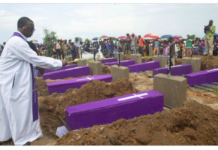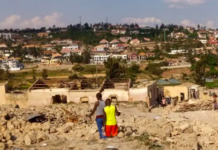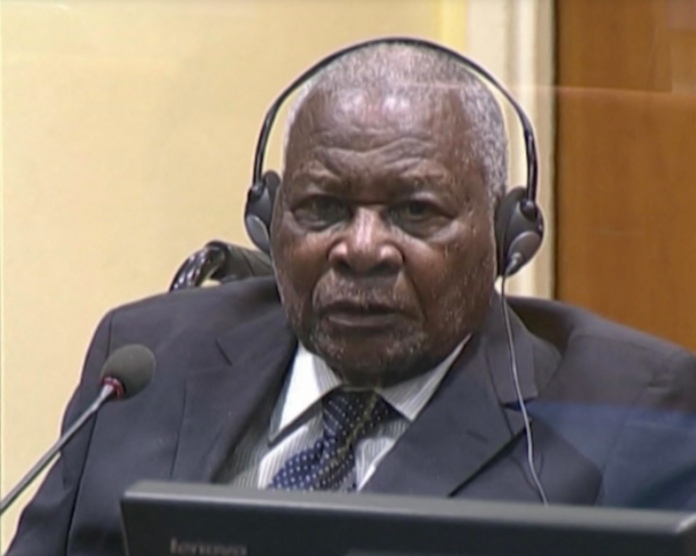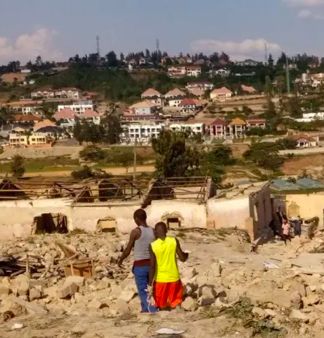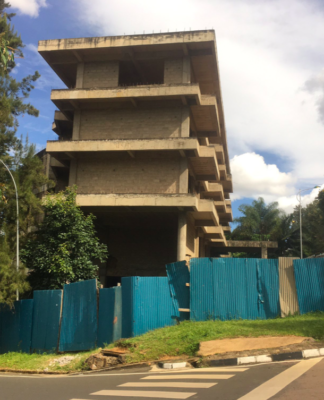The Appeals Chamber of the International Residual Mechanism for Criminal Tribunals (IRMCT) has delivered its decision in the Kabuga case. This case pertains to Mr. Félicien Kabuga and his fitness to stand trial for serious violations of international humanitarian law. The Appeals Chamber was composed of Judge Carmel Agius (Presiding), Judge Burton Hall, Judge Liu Daqun, Judge Aminatta Lois Runeni N’gum, and Judge José Ricardo de Prada Solaesa.
On June 6, 2023, the Trial Chamber ruled, by majority, that Mr. Kabuga is not fit to stand trial and that his fitness is unlikely to be regained in the future. The Trial Chamber decided, also by majority, to proceed with an “alternative finding procedure” that resembles a trial but without the possibility of a conviction. Both the Prosecution and the Defense appealed this decision. The Prosecution appealed the determination of Mr. Kabuga’s unfitness to stand trial, while the Defense appealed the use of the “alternative finding procedure.”
In its recent decision, the Appeals Chamber unanimously dismissed the Prosecution’s appeal, stating that the Prosecution failed to demonstrate that the Trial Chamber applied an incorrect legal standard or made errors in evaluating the evidence when determining Mr. Kabuga’s fitness to stand trial.
However, the Appeals Chamber granted the Defense’s appeal on the second ground. It found that neither the Statute nor the jurisprudence of the IRMCT and its predecessor tribunals allow for the use of an “alternative finding procedure” in place of a trial. The Appeals Chamber noted that the elements of this procedure, as defined by the Trial Chamber, appear to bypass statutory guarantees provided to all accused individuals before the Mechanism. Therefore, the Appeals Chamber concluded that the Trial Chamber’s adoption of this procedure was an error of law, invalidating its decision.
As a result, the Appeals Chamber remanded the case back to the Trial Chamber with the instruction to impose an indefinite stay of proceedings due to Mr. Kabuga’s lack of fitness to stand trial. The Trial Chamber was also instructed to promptly address the issue of Mr. Kabuga’s detention during this remand.
The Appeals Chamber emphasized that its decision took into consideration the delicate balance between the international community’s interest in prosecuting serious violations of international humanitarian law and the fundamental rights of the accused. It recognized that justice can only be achieved through fair trials conducted with full respect for the rights of the accused as outlined in the Statute. While acknowledging the disappointment for victims and survivors of the crimes attributed to Mr. Kabuga, the Appeals Chamber stressed the importance of upholding the principles of justice and the rights of the accused.



